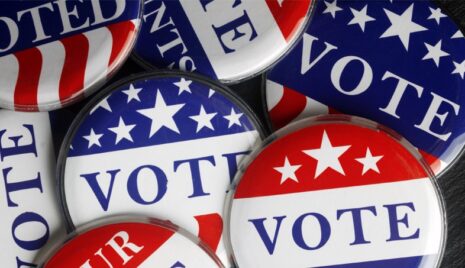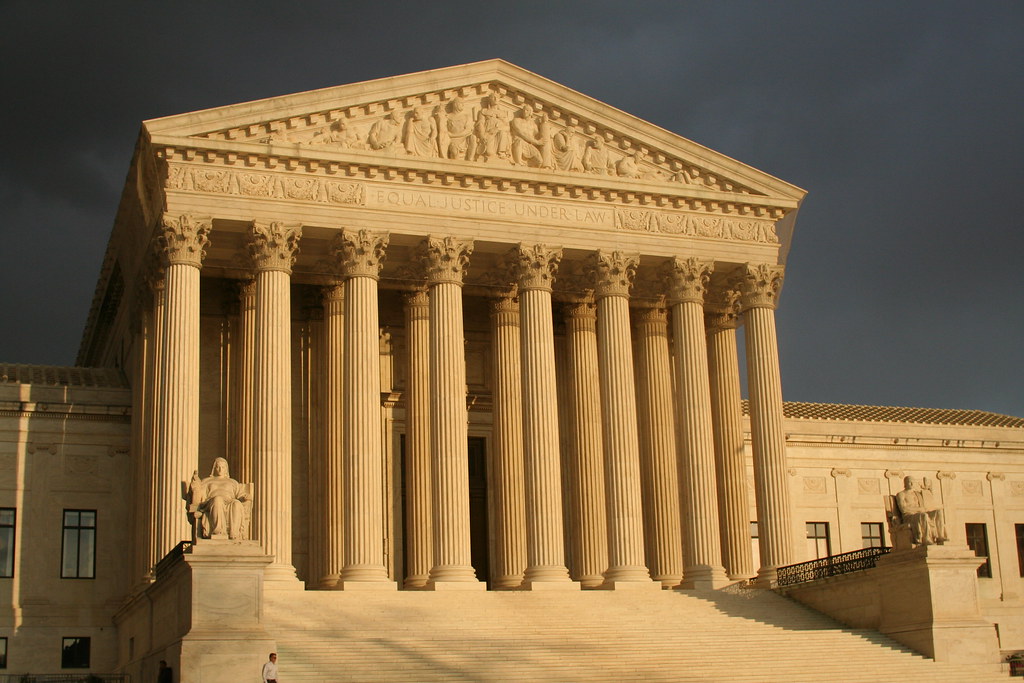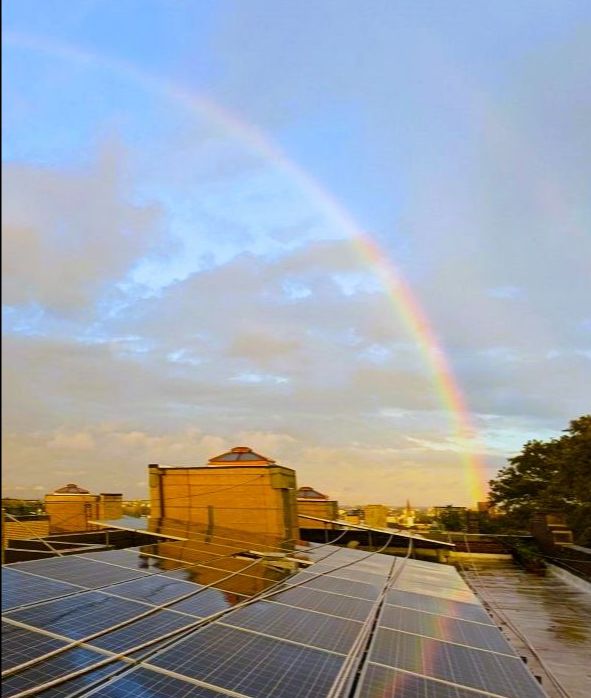 This year we’ve once again seen record-breaking temperatures, droughts, destructive storms and climate-related fatalities across the U.S. Increasingly, the belief that human industrial activity is driving extreme weather events is becoming more mainstream. And while Democratic voters are still the most motivated to vote based on climate concerns, every year they are joined by more independents and Republicans. In the upcoming midterm elections, half of registered voters have indicated that climate change anxiety will impact their vote for Congress, according to a recent Washington Post- ABC News poll.
This year we’ve once again seen record-breaking temperatures, droughts, destructive storms and climate-related fatalities across the U.S. Increasingly, the belief that human industrial activity is driving extreme weather events is becoming more mainstream. And while Democratic voters are still the most motivated to vote based on climate concerns, every year they are joined by more independents and Republicans. In the upcoming midterm elections, half of registered voters have indicated that climate change anxiety will impact their vote for Congress, according to a recent Washington Post- ABC News poll.
In the past, younger voters have been more worried about climate change than older generations, but this year voters of all ages expressed similar concerns when it comes to the environment. Communities of color, who face disparate effects of climate change, including inferior air quality, unsafe drinking water and other environmental hazards, express greater concerns than white Americans. And while climate concerns lag behind economic ones for most voters, the number who say that addressing climate change is “one of the most important issues” in their vote is similar to the number who cite crime and immigration as most important.
Democrats were considered by poll respondents to be trusted on climate change issues more than Republicans, who have long denied climate science as part of their party platform.
Still, Republican lawmakers who have joined the Conservative Climate Caucus have not suffered politically this election cycle — at least so far.
House Conservative Climate Caucus members amassed a 62-5 win-loss record in their 2022 primary elections, and those who won triumphed by an average margin of 59.3 percent, according to a recent analysis by the Climate Leadership Council and Americans for Carbon Dividends, two conservative climate groups.
The Washington Post-ABC News poll was conducted Sept. 18-21 among a random national sample of 1,006 U.S. adults, with 75 percent reached on cellphones and 25 percent on landlines. Overall results have a margin of sampling error of plus or minus 3.5 percentage points; the error margin is four points among the sample of 908 registered voters.
Want to know more about the climate positions of local candidates in New York? Check out the New York League of Conservation Voters’ list of pro-environment candidates here.

